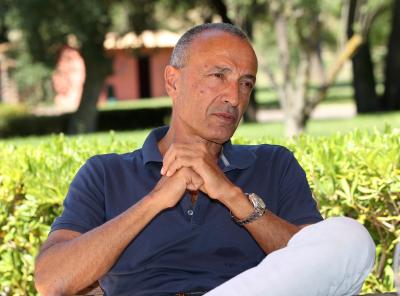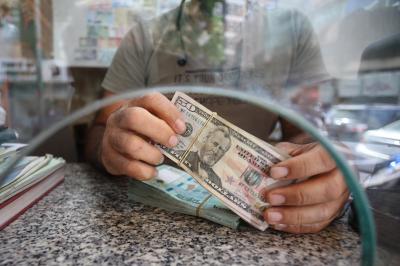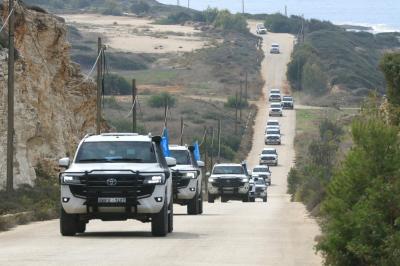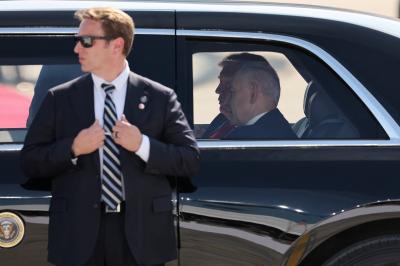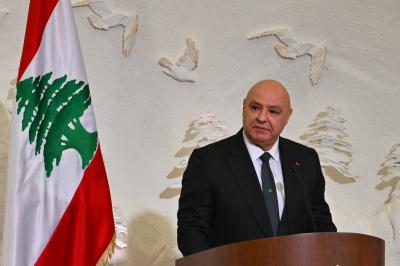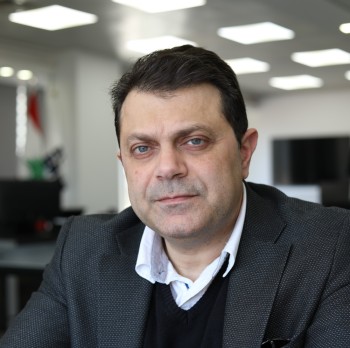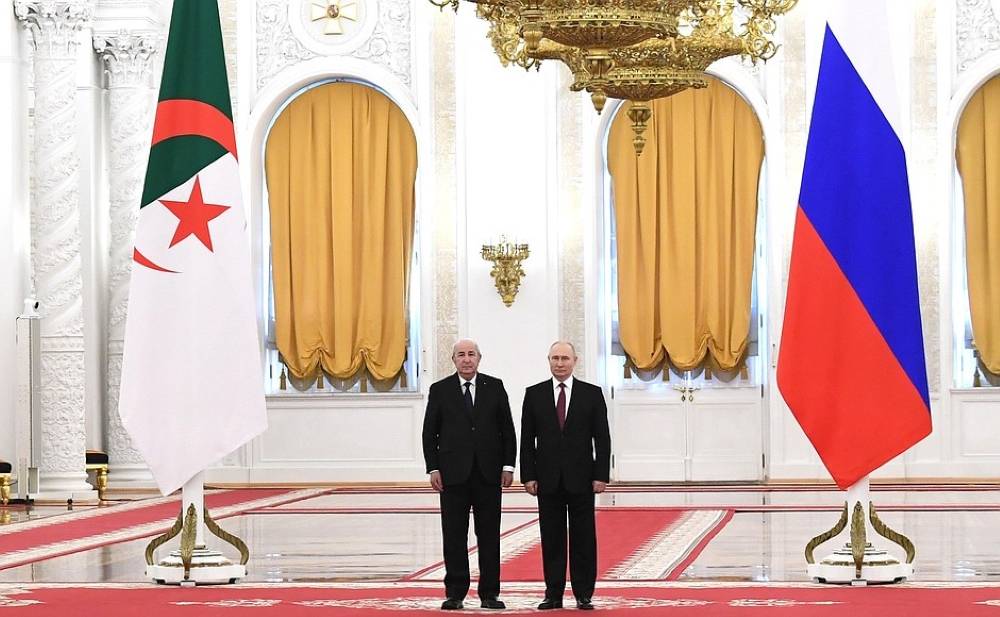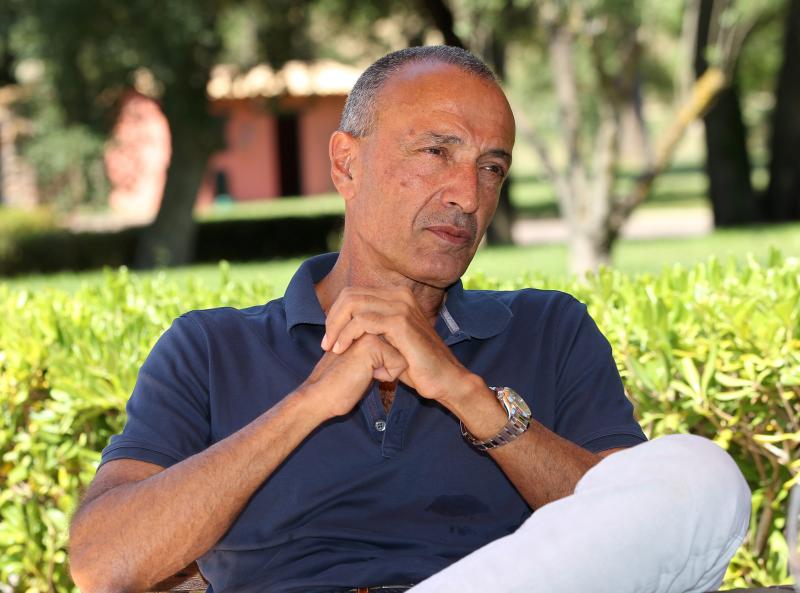Algerian President Abdelmadjid Tebboune concludes his historic visit to Moscow with a decisive meeting with his Russian counterpart, Vladimir Putin, cementing a deep alliance between the two nations. Following fruitful and candid discussions, the Algerian President highlighted a convergence of views on common interests, such as the Palestinian issue and Algeria's support for the independence of Western Sahara in the face of Morocco, as well as the situation in Libya and the African Sahel region. During this visit, President Tebboune reaffirmed his country's request to join the BRICS group, consisting of Russia, China, India, Brazil, and South Africa, emphasizing that President Putin supported Algeria's membership in this organization. Furthermore, Algeria expressed its objective of reducing its dependence on the dollar and the euro in its international trade.
On his part, the Russian President underscored the strategic importance of the relations between Moscow and Algiers, considering Algeria as one of its most significant partners. He highlighted bilateral cooperation in the military and counter-terrorism domains. Putin also emphasized Algeria's crucial role as an economic partner for Russia, expressing his willingness to double the trade between the two countries. Indeed, the relations between Russia and Algeria hold special importance for Russia due to their strategic dimension, as evidenced by the recent signing of a space cooperation agreement between the two nations.
Algeria faces the Washington-Paris duel
It is important to highlight the historical ties that bind Algeria to Russia since the Cold War era. However, these relations have recently seen a revival and strengthened due to the deteriorating links between Algeria on one hand, and the United States and France on the other. This situation has led Algeria to seek a strong ally in the face of these two Western powers.
The deterioration of relations with the United States is attributed to several factors, with the most significant being Washington's support for the Arab Spring. This movement toppled the Tunisian regime in 2011, bringing the Muslim Brotherhood to power, before Tunisian President Kais Saied ousted them in the past two years. Furthermore, the Arab Spring created a situation of instability in Libya, jeopardizing the stability of a country crucial to Algeria's national security. Moreover, this movement also affected Algeria itself, which could have been a victim if the Algerian military hadn't managed to contain the situation and restore stability in the country.
The second reason for the deterioration of relations with the United States is the recognition in 2020 by Washington of Morocco's sovereignty over Western Sahara in exchange for the normalization of relations between Rabat and Israel. Algeria asserted that this decision by the United States "has no legal validity as it contradicts the resolutions of the United Nations, particularly those of the Security Council concerning Western Sahara."
American support for the expansion of Israeli influence in Africa represents the third source of tension. Algeria perceives this situation as a challenge, particularly as the United States exerted pressure on the African Union to accept Israel as an observer, until Algeria and South Africa intervened to exclude it.
Regarding France, relations with Algeria have deteriorated due to the emergence of a movement led by President Abdelmadjid Tebboune, calling for a reduction in ties with Paris. France supports separatist tendencies among the Berbers, which poses a threat to Algeria's national security. Furthermore, Algeria views with suspicion France's role in Libya, particularly its key involvement in the downfall of Libyan leader Muammar Gaddafi, aimed at expanding its influence in the country. Algeria also expresses concerns about France's traditional role in West Africa, exemplified by direct military intervention in the Sahel region, ranging from Mauritania in the west to Chad and Sudan in the east.
These tensions between the two countries have manifested on multiple occasions. In 2021, the French government significantly reduced the number of visas issued to Algerians, as well as Moroccans and Tunisians, citing a lack of cooperation from these countries in combating irregular immigration to France. In October 2021, Algeria recalled its ambassador to France to protest against statements made by French President Emmanuel Macron, in which he claimed that Algeria was governed by a military regime dominated by the army. In response, Algeria banned overflights of its territory by French military aircraft en route to operations in Mali, Niger, and Chad, under the pretext of counterterrorism efforts. President Macron's visit to Algeria in August 2022 failed to ease tensions between the two countries.
The strategic role of Algeria for Russia
The relations between Russia and Algeria have strong foundations dating back to the Soviet era during the Cold War. However, Algeria regained significant importance for Moscow after the fall of Libyan leader Muammar Gaddafi in the autumn of 2011. This collapse dealt a blow to Russian influence in North Africa, considering the close relationship between Libya and Moscow during Gaddafi's reign, as well as Libya's role as an entry point for Russian influence in the African Sahel region.
Faced with this situation, President Putin sought to compensate for the mistakes made during the tenure of Dmitry Medvedev (2008-2012). Mikhail Bogdanov, responsible for Middle East affairs at the Russian Ministry of Foreign Affairs, forged close ties with Libyan General Khalifa Haftar, who opposes the Tripoli-based Government of National Accord. Additionally, Russia supported the expansion of the influence of the Russian private military company Wagner in eastern Libya, as well as in several sub-Saharan African countries such as Chad, Sudan, the Central African Republic, Mali, and Guinea-Bissau.
These actions are part of Moscow's strategy to extend its influence on the African continent, in response to traditional American and European influence, and in collaboration with China. African countries view their relations with Russia and China as an opportunity to counter traditional Western dominance on the continent. As a result, Russia and China are currently offering generous and politically unconditional economic deals to African countries, strengthening their influence at the expense of Western countries that try to impose values that contradict African values, such as a unilateral vision of freedom of expression, human rights, and minority rights.
Consequently, Russia sees Algeria as a significant ally capable of serving as a strong base to expand its influence in the North Africa region and the African coastline, replacing Libya. This collaboration could be complemented by the partnership between Russia and South Africa within the BRICS system, where Pretoria would become a strategic launching point for Russian influence in the region south of the African equator, while Algeria would play a similar role in the region north of the equator. This situation would enhance Moscow's weight on the African continent in the face of Western influence, particularly in the context of the ongoing conflict in Ukraine, which has become a proxy battleground between the West and Russia.
Conclusion
In a context where Algeria finds itself facing the growing influence of the United States and France in West Africa, the country may well find a solid ally in Russia to restore balance. Indeed, Russia could offer Algeria a means to counter Washington's support for its adversaries, including Israel and Morocco, while thwarting French attempts to impose their dominance in crucial areas for Algerian national security, such as Libya and the African Sahel countries.
In this dynamic, Algeria would position itself as a leading strategic partner for Russia in North Africa, thereby providing Moscow an opportunity to expand its influence in the North and West African region at the expense of traditional Western powers. This perspective could also fit within the framework of enhanced cooperation between Moscow and South Africa, with the common goal of consolidating their grip on the African region south of the equator.
These developments come at a time when Africa is transforming into a true battlefield, pitting the bloc of Western countries gathered under NATO against the Eurasian bloc. The competition for influence on the African continent has now reached a crucial level, and Algeria, in this context, emerges as a key player whose strategic position is gaining significance.
Please post your comments on:
[email protected]
 Politics
Politics
